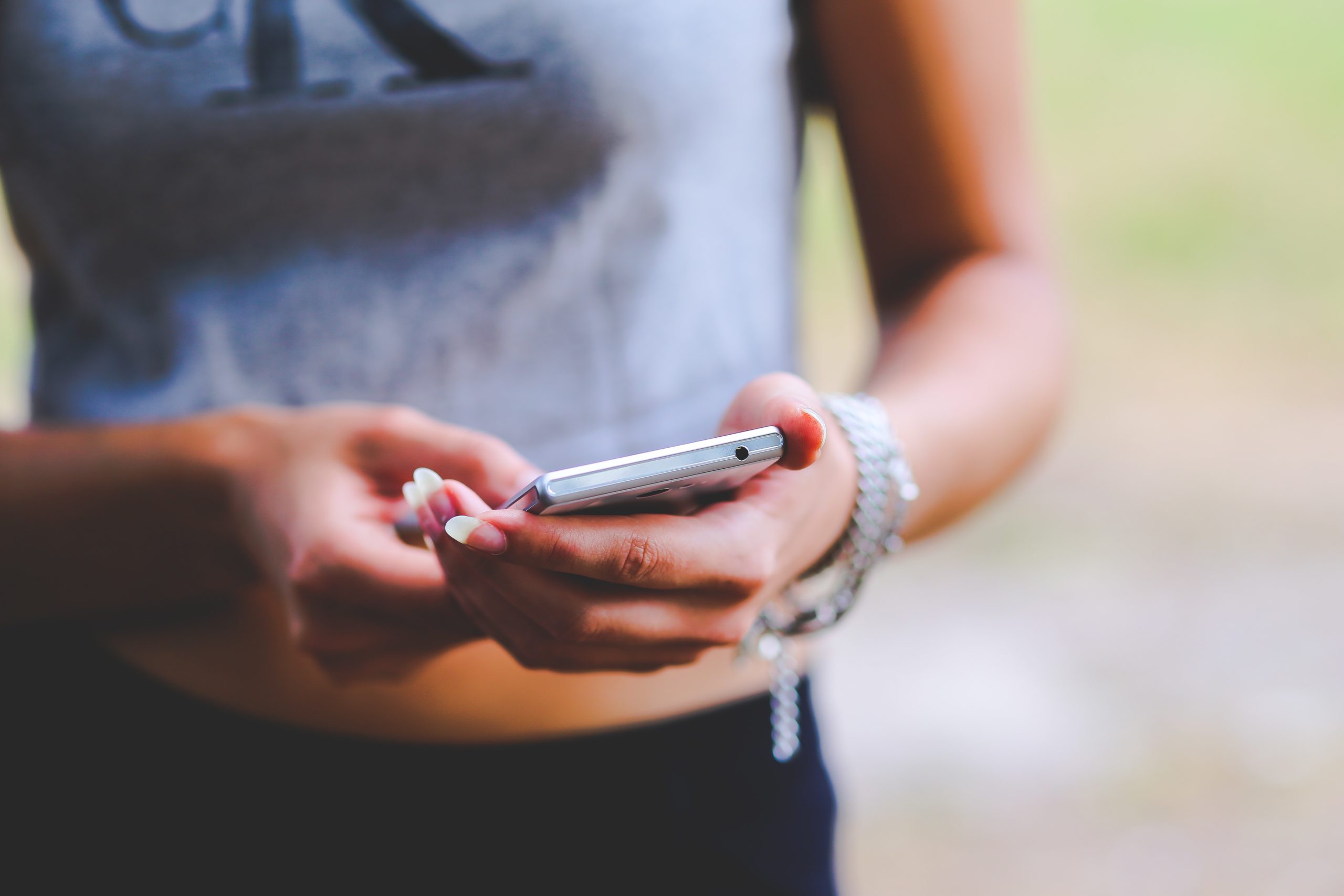6/22/2020
As states open up while COVID-19 cases continue to rise, many are looking for an effective solution to minimize the spread of the virus. One proposed solution to this is contact tracing, or the idea of tracking and notifying the people that have been in contact with an individual infected by the virus. By notifying all people that have come in close contact, those people can then get tested and quarantine to reduce their contact with others in case they have also contracted the virus. As people are notified and take the necessary precautions, the spread of the virus can be reduced significantly. California, like many other states and countries, have launched a contact tracing campaign, California Connected, where public health workers will contact people who have been in close proximity with an individual that tested positive for COVID-19. The program has received $5.1 million in funding. However, many companies are taking it a step further beyond manual contact tracing.
Apple and Google have partnered together to enable iOS and Android devices to exchange information and data, and have worked with other companies such as Microsoft to produce a contact tracing app. Recently, the app developed by Microsoft, known as COCOA, has been released for use in Japan. Using bluetooth technology, the app collects data whenever it comes in contact within a 1 meter radius of another phone. When a user notifies the app that they have tested positive for COVID-19, the app will then notify all other devices that have been within the 1 meter range over the past two weeks.
While a contact tracing application could significantly reduce the spread of the virus, many have raised ethical concerns of such an application. Many worry about the applications collecting sensitive personal data, threatening the privacyof individuals that download the app. Furthermore, the biggest concern is around who will have access to the data collected and for how long. As devices share and exchange information, who holds this information and how it is used?
Additionally, many also question the effectiveness of contact tracing apps. According to a study by the University of Oxford, the application needs to be used by at least 60% of the population to be effective, a number which is difficult to enforce, especially considering the ethical concerns that many have. In other countries that already have contact tracing applications, as few as 40% of the population use a contact tracing app. Thus, another question is raised about whether it is ethical for countries or states to mandate that people download the app as it interferes with individual autonomy and privacy, but could significantly reduce the number of people infected by the virus.
As more and more contact tracing apps are released to the public for download, these ethical questions are becoming increasingly important to consider. Would you download a contact tracing application?

